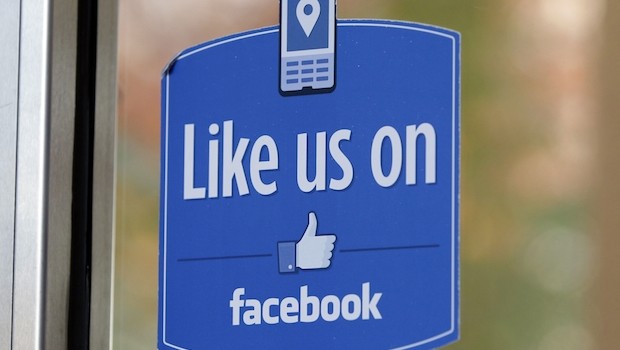Even though we are currently in a phase where most people are lambasting the Muslim Brotherhood, Egyptian Interior Minister Mohamed Ibrahim said at a press conference in Cairo recently, in an almost complimentary tone, that members of the Muslim Brotherhood were “skilled in the use of social networking sites.”
According to my understanding of social media websites, the members of the Muslim Brotherhood are particularly zealous about using these sites to disseminate their messages to the public, both at home and abroad. Nevertheless, it is difficult to say that these sites have made a significant or essential contribution to propagating political Islam.
In terms of Egypt specifically, the truth is that the former regime of President Hosni Mubarak was the largest contributor to the spread of Islamism because he maintained a cooperative relationship with the Muslim Brotherhood. The two haggled over shared power agreements many times over the years. That relationship was the basis for the negotiations between the state and the Brotherhood during the final days of Mubarak’s regime. This occurred after millions of Egyptians demanded that the National Democratic Party, the political arm of Mubarak’s government, be dissolved.
One clear example of this special relationship came in 2010 in an interview with Mohamed Mursi, who was a leading member of the Muslim Brotherhood at the time, in which he claimed that the group would not nominate candidates for parliamentary elections in districts where leading regime figures were based. Indeed, many citizens saw the overthrow of Mubarak as the ouster of the Brotherhood as well.
In fact, the cooperative relationship between Mubarak and the Brotherhood was one of the most important factors behind the spread of political Islam. Islamists maintained a clear presence in commerce, educational institutions, and private social welfare organizations—all sectors that had played a significant role in Mubarak’s overthrow and voter turnout for Islamist candidates.
I believe it is likely the Brotherhood expected to work closely with the deep-state institution Mubarak left in his wake, just as they had before his ouster. However, the shift in the mindset of the Egyptian people, which resulted from the economic and political deterioration of the Mubarak years, changed the equation. The truth is that Mubarak’s government cultivated the Islamist movement in spite of its security campaign against it. The state did regularly imprison Islamists, but it would have established completely friendly relations with the Brotherhood had it not been for the obstinacy of some of its leaders, who continued to be hostile towards the regime.
Thus, I feel that the actual contribution social networking sites have made in propagating political Islam is marginal and hardly worth mentioning. The truth is that the deep-state institutions that remained after Mubarak are reluctant to cooperate with Islamists because their spread is a thorn in the side of the government. They are battling against Islamist demonstrations as a way to encourage tourism and investment and create jobs for millions of Egyptians.
I must also point out that the non-Islamist political movements were targeted so that they could never form a future alternative to the Mubarak regime acceptable to the West. Nobody ever thought the Islamist movements would be acceptable to the West.
The counterpoint to this article can be read here.
